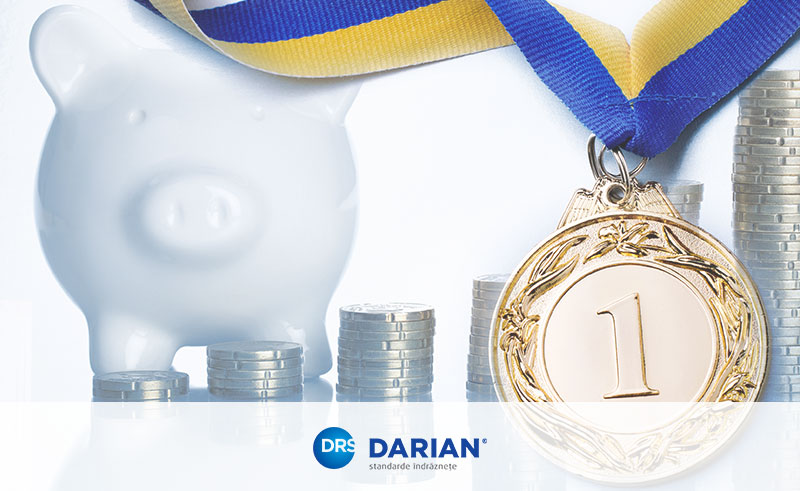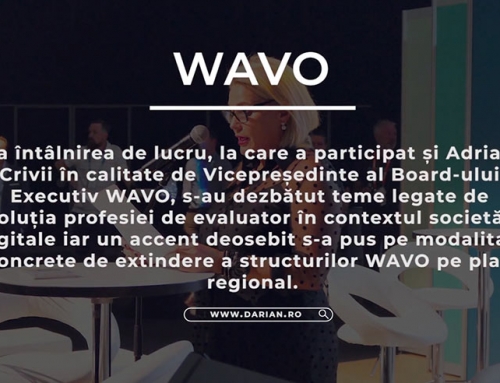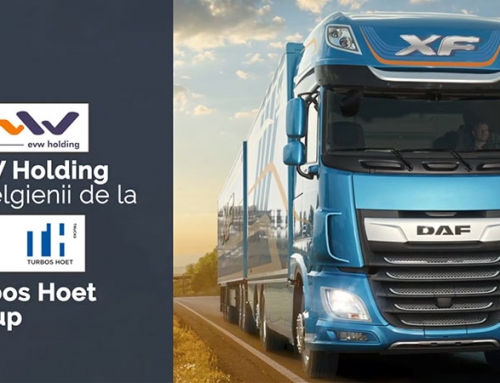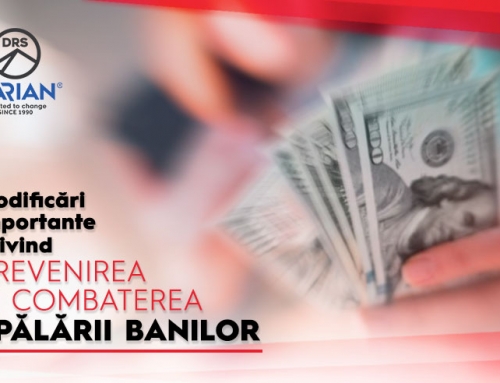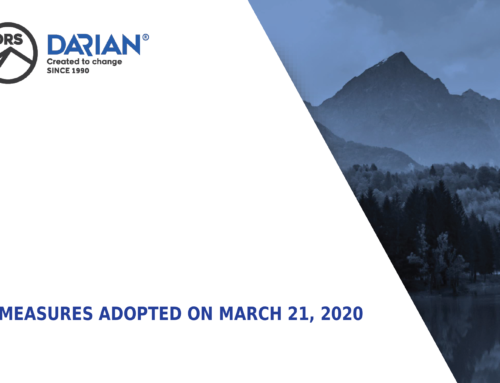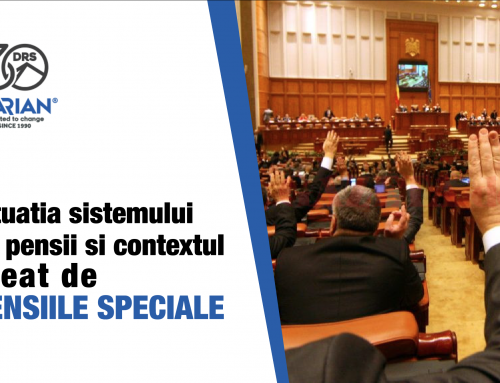In practice, there are situations where companies organize various activities in the form of a contest / promotional campaign at their business partners level, which may be related to sales stimulation, identifying ideas for new products / services, etc.
Most of the times, rewards / prizes awarded by companies at the end of these contests / promotional campaigns are classified as prize income and taxed accordingly.
We draw attention to the fact that in these situations, companies must first consider the substance of these amounts in such a way that they fall into the correct income category and tax them accordingly.
Legal provisions
Here are the legal provisions regarding the definitions of income from prizes and income from other sources.
Income from prizes
Income from prizes is defined according to the provisions of Article 108 of Law 227/2015 regarding the Tax Code as the income obtained from the contests, the amounts received as a result of the participation in the Lottery of tax receipts, as well as from the promotion of the products / services as a result of the commercial practices.
Furthermore, the Methodological Rules for the application of the Tax Code corresponding to this article specify the categories of money / in kind income that can be considered and taxed at the level of the natural persons as income from prizes such as:
a. Income in the form of prizes of any kind granted to people from the cultural, scientific and art field at gala, symposiums, festivals, national or international competitions, competitions on crafts or professions;
b. Certain income in the form of money and / or in-kind prizes awarded to athletes, coaches, technicians and other specialists provided for in the relevant legislation for the results obtained at domestic and international sports competitions;
c. taxable income from gambling.
Income from other sources
As regards income from other sources, according to Article 114 of the Tax Code, this category includes those amounts identified as taxable and which cannot be included in the other categories of income subject to income tax.
Practical aspects
To highlight the importance of classifying income to the correct tax category, we will take as an example the situation of a company that has decided to organize a competition among its collaborators, salespeople, in order to increase their sales volume. Thus, depending on the performance of the collaborators, the top three will be rewarded by gifts such as trips, laptops or phones.
In this respect, the company also developed a competition regulation to regulate its organization, qualifying this campaign as complying with the provisions of Government Ordinance no. 99/2000 on the marketing of products and services on the market.
Here are some of the issues that should be considered from the perspective of tax regulations.
Aspects about the Campaign Regulation
- The organization of the promotional campaign is based on GD 99/2000, but this ordinance regulates the trade activity and the trade practices addressed to the final consumers, as stipulated in the ordinance. In other words, it can only apply to commercial practices aimed at direct sales to final consumers (defined by GD 99/2000 as natural persons or groups of individuals who buy, acquire, use or consume products or services outside their professional activity);
- Taking into account the provisions of GD 99/2000, we consider that its regulations are not applicable in the specific case of the company, as the campaign aims to stimulate sales to sales agents who are not consumers under GD 99/2000 – thus the applicable tax treatment does not refer to GD 99/2000.
Implications from the income tax perspective
- Taking into account the above, such income cannot be classified as a prize income;
- Starting from the assumption that sales agents meet the criteria of independence set out in Article (7) (3) of the Tax Code, such income falls within the category of income from other sources, subject to income tax of 16% applied to gross income, as well as the contribution of health insurance (if applicable, in the conditions specified by the law) – income tax is calculated by withholding when the income (in the form of prizes) is paid by income taxpayers and represents final tax.
Implications from the corporate tax perspective
- Considering that this company campaign cannot be described as an advertising campaign, there is a risk that the tax authorities may regard the costs of purchasing the products by the company to its sales agents as protocol expenses (deductible within a quota of 2 % of the accounting profit plus the corporation tax and protocol expenses).
Implications from the VAT perspective
- Taking into account the nature of the prizes granted by the company in the promotional campaign, namely the nature of gifts granted in the context of some protocol actions, from the perspective of VAT, according to Article 270 of the Tax Code, “the granting of goods of small value, free of charge, within sponsorship, patronage, protocol / representation actions” does not constitute good delivery and thus the VAT is not automatically collected “if the value of each gift offered is less than or equal to the 100 lei ceiling, excluding VAT”. Under these circumstances, for goods granted free of charge under the protocol actions, VAT will be automatically collected for the amount exceeding 100 lei for each individual gift.
In conclusion, when companies want to apply practice to boost sales, for example in the form of a campaign / competition, they should first pay attention to the substance of these incomes so that they include it in the correct income category and to tax them properly.
Article published firstly on Avocatnet.ro.



Suntem soluția eficientă în oferirea de servicii complexe de evaluare și consultanță pentru clienții corporativi. Echipa noastră de specialiști asistă clienții în soluționarea diverselor spețe cu impact fiscal.

